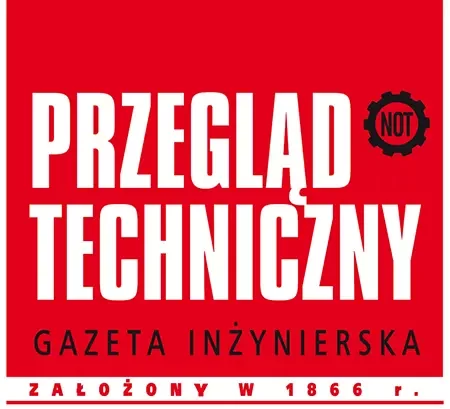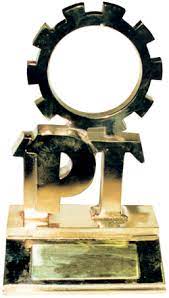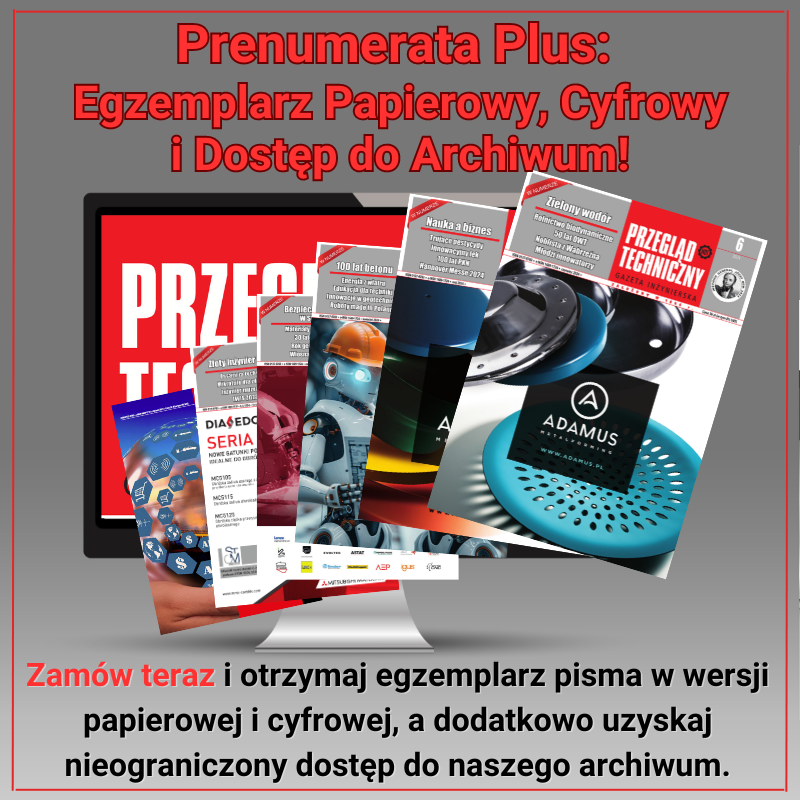In the first paragraph of the “Introductory Word” to the monograph, titled “The monograph. 70 years of the Electronics, Informatics, Telecommunications Branch of the SEP named after him. prof. Janusz Groszkowski* we read a telling sentence formulated half a century ago: any field of human activity that does not use electronics is suspect of backwardness. This statement is not an expression of specialists’ complacency about the immense causal power of their profession – as it might seem to some representatives of other fields of science, technology or economy. We should add that “weak-kneed people” are convinced that the saying quoted above “remains relevant today, but is no longer widely used, for reasons of its … obviousness.“
Facts. The peculiar obviousness of the above opinions is derived from the fact that electronics, telecommunications and information technology undeniably remained in the second half of the 20th century. In the vanguard of technological progress. Which certainly has had and continues to have a not insignificant impact on the shape of our civilization.
The materials for the monograph were collected by the presidents of the individual Circles belonging to the OEIT SEP, and the 288 pp. The publication was prepared by an editorial team consisting of: Wojciech Kocańda, Jerzy Franciszek Kuciński, Bożena Lachowicz, Andrzej Skorupski, Jerzy Szczurowski, and Zbysław Antoni Kucza – the managing editor. The monograph covers all aspects of the EIT Branch’s activities, starting with a presentation of the organizational structure, a presentation of the presidents’ biographies from the 70-year period, the history of individual circles, the EIT’s participation in Polish Electricity Congresses, scientific and technical conferences, including Round Table Conferences, including a description of the Branch members’ involvement in initiatives related to, for example, the 90th anniversary and then the 100th anniversary of the SEP (in Poland and in Vilnius and Lviv).
It is necessary to emphasize that the Branch operates not on the basis of funds from local or central government subsidies. It tries to work out funds for statutory activities on its own. Hence, as noted in the chapter entitled “Economic activities,” an important complement to scientific and technical activities is the SEP’s activity in the economic field -. manifested mainly in the organization of appraisal, technical consulting, conducting training and qualification examinations, and since 2005. also the implementation of projects co-financed by the EU from the European Social Fund.
Among the projects, 2 examples are worth drawing readers’ attention. One was on “Rural Electrician Training” under the slogan “Become a rural…electrician,” and the other was on “Rural Electrician Training. “UE Lihgt India”, in which SEP members from the Appraisal Center conducted training sessions in Mumbai, Delhi and Bangalore as part of the project. These examples testify eloquently that, on the one hand, we should think globally and act locally, while on the other hand, the world, as visionaries already suggested in the last century, will quickly shrink to the size of a global village. Successful local and global collaboration for community organizations in the 21st century. becomes an essential necessity. As evidenced for many years now by the so-called “new” and “new” technologies. Roundtable conferences, which often feature members of circles affiliated with the EIT SEP Branch as speakers.
The last, the fourth chapter of the EIT Division’s monograph, titled “The EIT Branch. Over the years. As the days go by, is dedicated to Honorary Members, Distinguished Seniors and Collective and Supporting Members. The unprecedented progress of electronics in its broadest sense is also reflected in the number of members of the EIT SEP Branch. Among the record years was 1980. At the time, the branch had 4922 members grouped in 119 company circles. Therefore, it is not surprising that the number of OEIT members who, over the 70 years of the Branch’s activity, deserved, in the opinion of the SEP Decoration Committee, due to the dimension of their activity, to be awarded the SEP Honorary Badge is so high (687 people – Silver and 277 – Gold).
This, of course, is not the only proxy for the substantive activity of OEIT members. The monograph brings data on other forms of awards, including the titles of Honorary SEP Member and medals awarded by the SEP General Assembly. They are an expression of respect for social work, requiring the sacrifice of time, knowledge and skills, not in the name of their own particular interests, but pro publico bono.
In 2013. The EIT SEP Branch was named after prof. Janusz Groszkowski, which is a special tribute by members of the SEP community to this legendary figure of an outstanding Polish scientist, whose works in nonlinear generation theory and vibration theory, made significant contributions to the development of world electronics. His publication in 1933. findings, concerning the dependence of generator oscillations on harmonic content, commonly known today as the Groszkowski equation, brought him worldwide fame. The merits of prof. J. Groszkowski both during the Second Republic and during World War II and after the war made a lasting mark in the history of science and technology. The authors of the publication devote a separate chapter to the OEIT Patron, also including archival photos.
All chapters have been prepared with great care from the editorial side and constitute an important record, happening before our eyes, of the history of the science and technology movement created by passionate m. in. From under the sign of OEIT SEP.
Marek Bielski
*70 Years of the SEP Division of Electronics, Informatics, Telecommunications, collective work, ed. Moderator Z. A. Kucza. Warsaw 2022, ISBN 978-83-964425-0-5





